The open road calls to many, promising freedom, adventure, and the allure of spontaneous travel. For others, the rising cost of living and housing scarcity have made the inside of a vehicle a practical, if not preferred, dwelling. Whether you’re a long-haul traveler catching a few hours of sleep, a remote worker embracing the nomadic lifestyle, or someone facing economic hardship, the question inevitably arises: Is it legal to sleep in your car in South Carolina?
The answer, like much in the realm of legal interpretation, is not a simple yes or no. Instead, it’s a nuanced landscape shaped by state laws, local ordinances, the type of property, and even the intent of the person resting. South Carolina, with its diverse geography ranging from bustling coastal cities to quiet mountain towns, presents a particularly complex tapestry of regulations. Understanding these laws and the factors influencing their enforcement is crucial for anyone considering an overnight stay in their vehicle within the Palmetto State.
The Grey Area: No Statewide Ban, But Local Rules Reign Supreme
South Carolina does not have a comprehensive, statewide law that explicitly prohibits sleeping in your car. This is a critical starting point. Unlike some states that might have blanket prohibitions against vehicle dwelling in public spaces, South Carolina has largely delegated this regulatory power to its individual municipalities and counties. This decentralization means that what might be permissible in one town could lead to a fine or even an arrest just a few miles down the road.
This absence of a statewide ban creates a significant “grey area.” It doesn’t grant universal permission; rather, it shifts the focus to the hyper-local level. Every city, town, and county in South Carolina has the authority to enact its own ordinances regarding parking, loitering, camping, and vehicle occupancy. These local rules are the primary legal framework that determines the legality of sleeping in your car, making diligent research a non-negotiable step for anyone planning an overnight stay.
Understanding Local Ordinances: A Patchwork Quilt of Regulations
The heart of the matter lies in these local ordinances, which collectively form a patchwork quilt of regulations across South Carolina. These laws are often designed to address a range of local concerns, from maintaining public order and safety to managing tourism and parking availability. While the specific wording varies, common themes emerge:
Overnight Parking Bans: Many cities and towns have ordinances prohibiting parking on public streets or in municipal lots during certain hours, particularly overnight. These bans are often implemented to facilitate street cleaning, manage traffic flow, or prevent vehicles from being stored indefinitely on public property. If you’re parked in an area with such a ban, regardless of whether you’re sleeping, you risk a parking ticket or even having your vehicle towed.
Loitering Laws: Some local jurisdictions use loitering statutes to discourage extended stays in public spaces, including vehicles. While typically aimed at preventing vagrancy or suspicious activity, these laws can be broadly interpreted to apply to someone sleeping in their car, especially if they appear to be occupying the space for an extended period without a clear purpose beyond resting.
Camping Restrictions: Many municipalities have ordinances prohibiting “camping” in public areas. The definition of camping can be expansive, often including activities like setting up sleeping arrangements, cooking, or occupying a vehicle for an extended period beyond transient parking. While you might not be pitching a tent, a fully reclined seat, blackout curtains, and visible signs of habitation can sometimes be interpreted as camping by local enforcement.
Disorderly Conduct: Behavior deemed disruptive or antisocial can also lead to issues. Public intoxication, littering, excessive noise, or creating a public disturbance while sleeping in your car could result in a citation for disorderly conduct, regardless of the legality of the parking itself.
Vehicle-Specific Restrictions: Some areas have specific rules for larger vehicles, such as RVs or commercial trucks, limiting where and for how long they can park, especially in residential zones. While these don’t directly target passenger cars, they highlight the local authority to regulate vehicle presence.
The takeaway here is paramount: before attempting to sleep in your car in any specific South Carolina location, it is essential to research the local ordinances of that particular city or county. A quick search of the municipal code online or a call to the local police department (non-emergency line) can often provide the necessary clarity.
Key Factors That Influence Legality and Enforcement
Beyond specific ordinances, several practical factors significantly influence whether sleeping in your car will be an issue in South Carolina. These elements often guide law enforcement’s discretion and can determine if you receive a warning, a ticket, or are simply asked to move along.
Location Type: The specific type of property where you park is perhaps the most crucial factor.
- Public Streets: These are generally the riskiest. While not always explicitly illegal to sleep in your car, they are subject to all local parking ordinances, loitering laws, and potential residential complaints.
- Rest Stops: South Carolina’s rest stops are designed for travelers to take short breaks. While federal guidelines generally allow for periods of rest, they are not intended for overnight camping. Law enforcement may allow a few hours of sleep but could ask you to move if you appear to be settling in for an extended stay.
- Truck Stops: Many commercial truck stops are more accommodating, especially for truckers, and often have designated overnight parking. Some may charge a fee, and space can be limited. Non-commercial vehicles are often tolerated but may be subject to different rules.
- Retail Store Parking Lots (e.g., Walmart): These are private properties. While some retailers historically allowed overnight parking as a courtesy to travelers, many have discontinued this practice due to concerns about liability, loitering, and local ordinances. The golden rule here is always to ask permission from store management before parking overnight. Without explicit permission, you are trespassing.
- Beaches and Coastal Parking Lots: These areas are particularly sensitive in South Carolina due to tourism and environmental protection. Overnight parking and camping are almost universally prohibited on or near beaches and in their associated parking lots.
- National and State Parks/Forests: These are typically managed with strict rules. Sleeping in your car is usually only permitted in designated campsites, often requiring a reservation and a fee. Sleeping outside these areas is generally prohibited and can lead to fines.
- Private Property (with permission): The safest bet, legally, is to park on private property with the explicit permission of the owner. This could be a friend’s driveway, a private campground, or a business that allows it.
Intent and Appearance: Are you simply pulling over for a quick nap to combat fatigue, or does it look like you’re setting up a more permanent residence? Blackout curtains, cooking gear outside the vehicle, or an excessive amount of personal belongings visible can signal intent that goes beyond a brief rest, increasing the likelihood of scrutiny.
Duration of Stay: A quick, hour-long nap to shake off drowsiness is generally viewed differently than parking for multiple consecutive nights. The longer your stay, the more likely it is to attract attention and potentially violate local ordinances.
Vehicle Type: While the laws generally apply, an RV or campervan might be perceived differently than a standard passenger car. Some areas have specific restrictions on the parking of oversized vehicles.
Signs and Posted Warnings: Always look for “No Overnight Parking,” “No Camping,” or “No Loitering” signs. These are clear indicators that overnight stays are prohibited and ignoring them will almost certainly lead to consequences.
Behavior: Your actions while in your vehicle matter. Being quiet, clean, and respectful of your surroundings reduces the chance of drawing negative attention. Loud music, littering, public urination, or signs of intoxication are almost guaranteed to lead to an interaction with law enforcement.
Visibility: Discretion is often key. A car parked subtly in an out-of-the-way spot might go unnoticed, while one parked prominently in a high-traffic or residential area is more likely to draw attention.
Specific Scenarios and Considerations in South Carolina
Given South Carolina’s varied landscape, here’s a closer look at common scenarios:
Coastal Areas (e.g., Myrtle Beach, Charleston, Hilton Head): These are tourist-heavy regions with highly developed infrastructure and strict local ordinances. Overnight parking bans in beach access lots and public streets are common. Local authorities are generally vigilant about maintaining appearances and public order. Expect little leniency for overnight car sleeping in these popular spots outside of designated campgrounds or private properties with permission. The emphasis here is on ensuring beach and public safety, preventing unsightly scenes, and managing the high volume of visitors.
Inland Cities (e.g., Columbia, Greenville): Major urban centers will have comprehensive parking regulations, often including overnight bans in downtown areas and residential street parking restrictions. Loitering laws might also be more strictly enforced. Retail parking lots may be an option with permission, but general public street parking for overnight stays carries significant risk. The focus is often on traffic management, crime prevention, and maintaining neighborhood aesthetics.
Rural Areas and National Forests (e.g., Francis Marion, Sumter National Forests): While seemingly more relaxed, these areas often fall under the jurisdiction of federal or state park services or forest management. Dispersed camping (camping outside designated campgrounds) is sometimes permitted in national forests, but usually with specific rules regarding distance from roads, water sources, and leave-no-trace principles. Sleeping in your car in an undesignated spot, especially within a state park, is typically prohibited. Always check with the relevant park or forest service for specific regulations.
Rest Stops Along Interstates: South Carolina’s Department of Transportation maintains rest areas along its interstate highways. These are intended for short-term rest for weary travelers. While a few hours of sleep to prevent drowsy driving is generally tolerated, attempting to establish an overnight camp or staying for an excessive duration could lead to being asked to move on by highway patrol. They are not designed as free campgrounds.
Your Rights and Risks: What to Know if Approached by Law Enforcement
Should you be approached by a police officer while sleeping in your car, it’s essential to understand your rights and how to interact responsibly.
Your Rights:
- Right to Remain Silent: You are not obligated to answer questions beyond providing identification if legally required (e.g., if you’re suspected of a crime or a traffic violation).
- No Consent to Search: You are not required to consent to a search of your vehicle. If an officer asks to search, you can politely refuse. An officer can only search without consent if they have probable cause or a warrant.
- Right to Ask Questions: You can ask why you’re being approached and if you are free to leave.
Police Powers and Risks:
- Welfare Check: Officers may approach you out of concern for your well-being, especially if the vehicle appears to be occupied in an unusual way or for an extended period. This is often an opportunity for them to assess the situation.
- Move Along Order: The most common outcome is being asked to move your vehicle. If you comply promptly and respectfully, this is often the end of the interaction.
- Warnings and Citations: If you are found in violation of a local parking ordinance, loitering law, or camping restriction, you could receive a written warning or a citation (ticket) that carries a fine.
- Arrest: In more serious situations, such as public intoxication, disorderly conduct, or if there are outstanding warrants, an arrest could occur. If your vehicle is deemed abandoned or poses a hazard, it could be towed at your expense.
The best approach is to be polite, cooperative, and respectful. Avoid argumentative behavior. Keep your identification and vehicle registration readily accessible. If you’re asked to move, do so promptly. If you believe your rights are being violated, note the officer’s name and badge number, and report the incident later through appropriate channels, rather than escalating the situation on the spot.
Why the Restrictions? Reasons Behind the Laws
Understanding the motivations behind these laws can help you appreciate the perspective of local authorities. Restrictions on sleeping in cars are rarely arbitrary; they stem from a range of community concerns:
- Public Safety: Unregulated overnight vehicle occupancy can raise concerns about crime, both for the vehicle occupants and surrounding areas. It can also create an environment where intoxicated individuals might operate vehicles.
- Sanitation and Public Health: Without access to restrooms and waste disposal, prolonged vehicle dwelling in public spaces can lead to sanitation issues, litter, and impact public health.
- Aesthetics and Tourism: In a state heavily reliant on tourism like South Carolina, maintaining attractive public spaces free of perceived “vagrant” activity is often a priority for local governments and businesses.
- Resource Management: Parks, beaches, and public lots have finite resources. Uncontrolled overnight stays can strain parking capacity, waste management, and public facilities.
- Addressing Homelessness (and its unintended consequences): While not directly aimed at criminalizing homelessness, these laws often have the unfortunate side effect of disproportionately impacting individuals experiencing housing insecurity who have no other option. Local governments are often trying to balance providing services with maintaining public order.
- Traffic Flow and Parking Availability: Especially in urban or popular areas, unrestricted overnight parking can exacerbate traffic congestion and limit parking for residents and businesses.
Navigating the Landscape: Tips for Sleeping Safely and Legally in Your Car
If you plan to sleep in your car in South Carolina, a proactive and cautious approach is essential:
- Research Local Ordinances Diligently: This is the single most important step. Before arriving at your destination, check the specific city or county ordinances for parking, camping, and loitering. Websites for municipal governments are good starting points.
- Seek Permission on Private Property: If you can, arrange to stay on private property with explicit permission. This could be a friend’s driveway, a private campground, or a business that has specifically indicated it allows overnight parking.
- Look for Designated Overnight Parking: Some areas might have specific lots or zones where overnight vehicle parking is permitted, often for RVs or commercial vehicles. Truck stops are typically the most reliable option for this.
- Be Discreet and Tidy: Avoid drawing attention to yourself. Keep your vehicle clean and free of visible clutter. Use window coverings that blend in, and avoid any activity that suggests you’re “camping” rather than just resting.
- Prioritize Safety: Park in well-lit areas where you feel safe. Avoid secluded spots that could be targets for crime. Be aware of your surroundings.
- Maintain Ventilation and Comfort: Crack windows slightly for airflow to prevent condensation and provide fresh air. Have emergency supplies, water, and snacks.
- Have an Exit Strategy: Be prepared to move your vehicle at any time if asked. Have a backup plan for where you can go if you’re told to vacate a spot.
- Consider Alternatives: If you are uncertain about the legality or safety of sleeping in your car in a particular area, consider other options like a budget hotel, motel, or a private campground.
The Broader Context: Vehicle Dwelling and Support
It’s important to acknowledge that for a significant portion of individuals, sleeping in their vehicle in South Carolina is not a choice made for adventure or convenience, but a necessity driven by economic hardship and the lack of affordable housing. While this article focuses on the legal aspects, it’s a reality that these laws disproportionately impact the unhoused population. Many communities across South Carolina are grappling with rising homelessness, and for those without stable housing, a vehicle often represents their last refuge. Resources exist in various South Carolina cities for those experiencing homelessness, including shelters and support services, though access and availability vary.
Conclusion: Plan Ahead, Be Respectful, and Stay Safe
The question of whether it’s illegal to sleep in your car in South Carolina does not have a simple, blanket answer. While there’s no statewide ban, the legal landscape is dictated by a complex interplay of local ordinances and situational factors. From the bustling streets of Charleston to the quiet corners of the Sumter National Forest, the rules can change dramatically.
The key to navigating this complexity safely and legally lies in thorough research, respectful conduct, and an understanding of the local community’s expectations and regulations. Always prioritize safety, be discreet, and be prepared for an interaction with law enforcement. By planning ahead and being mindful of your surroundings, you can significantly reduce the risk of legal trouble and ensure a more peaceful overnight stay on your journey through the Palmetto State.
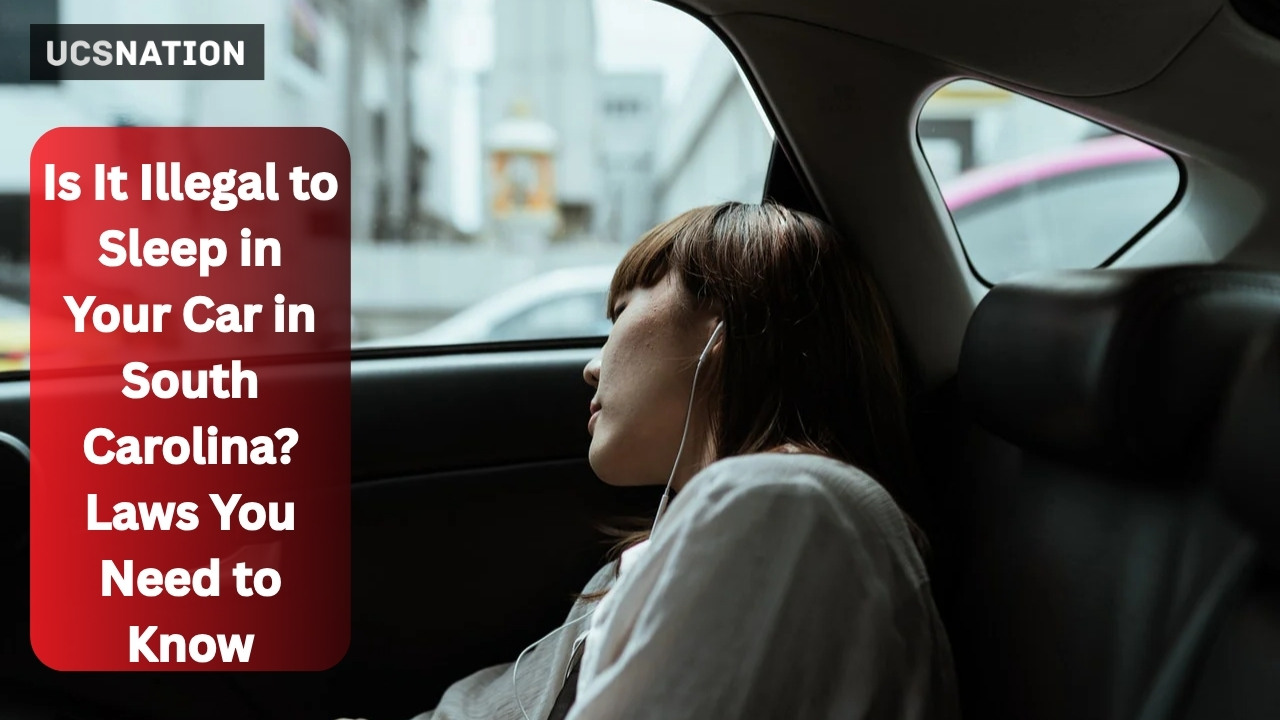
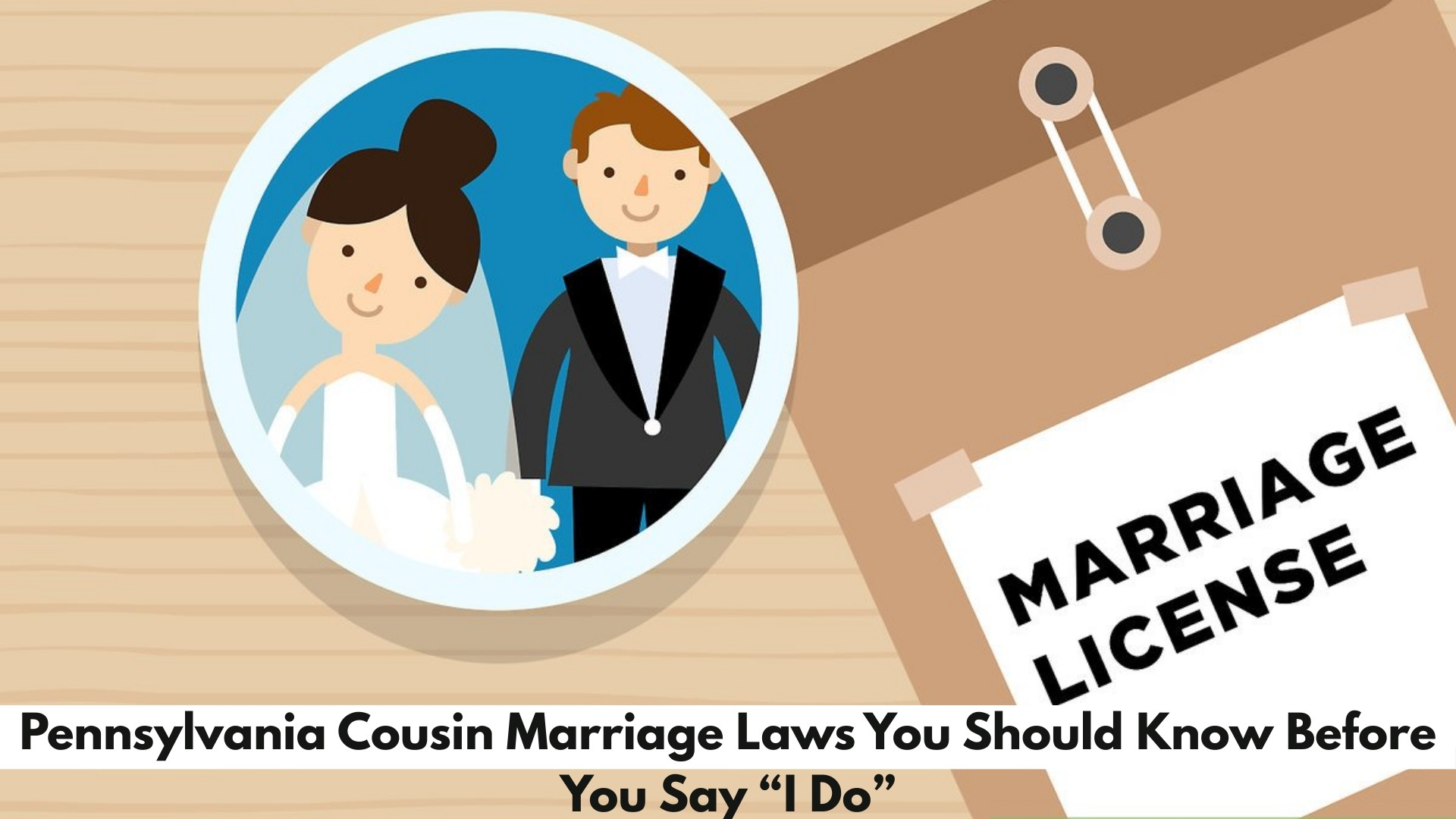




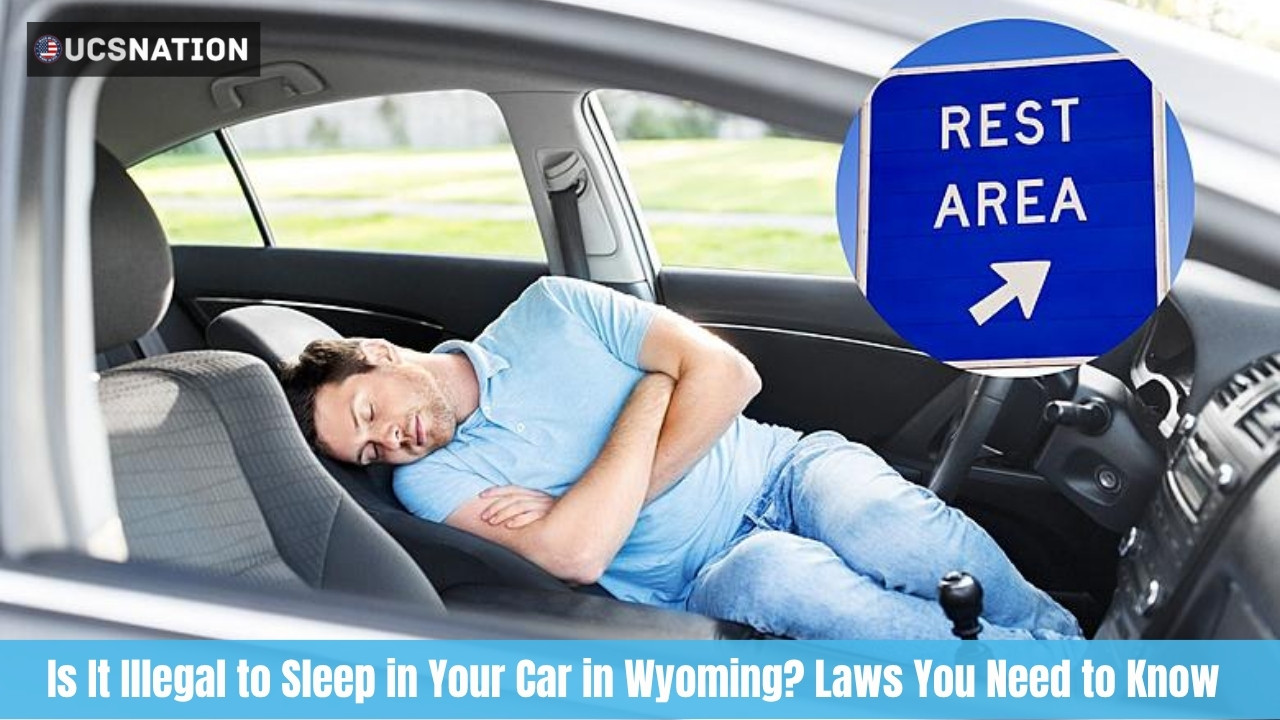
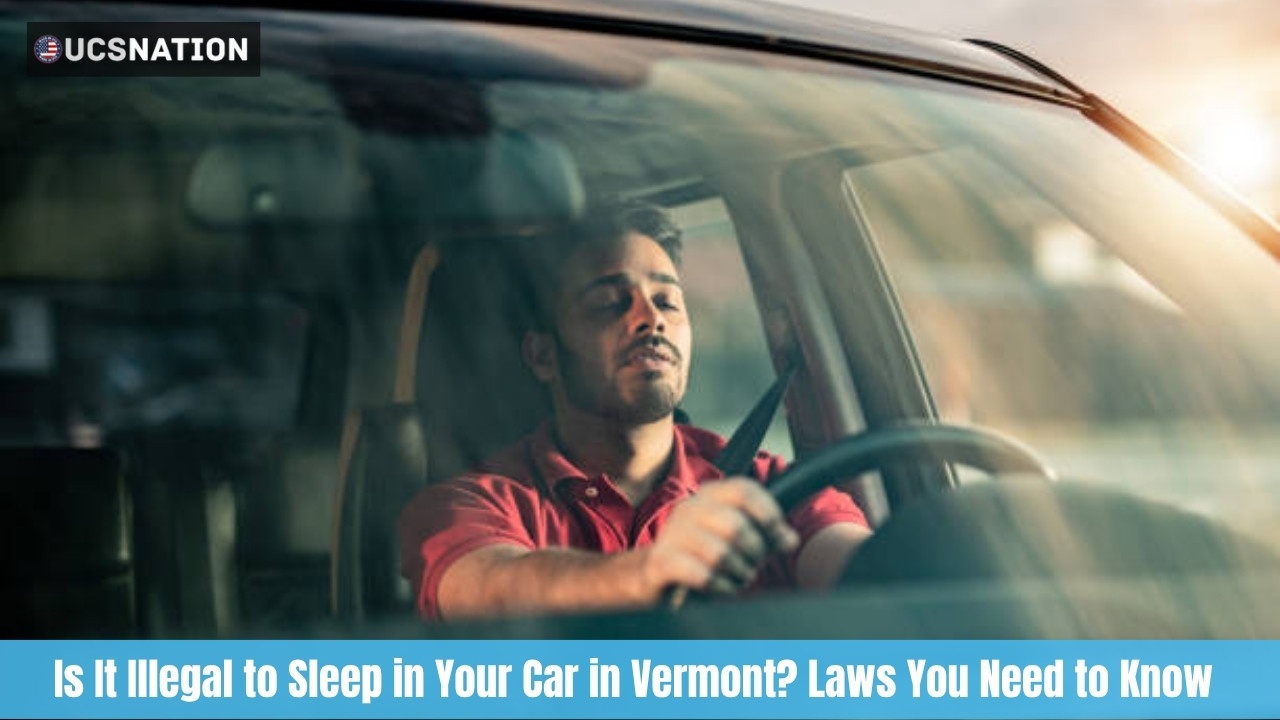
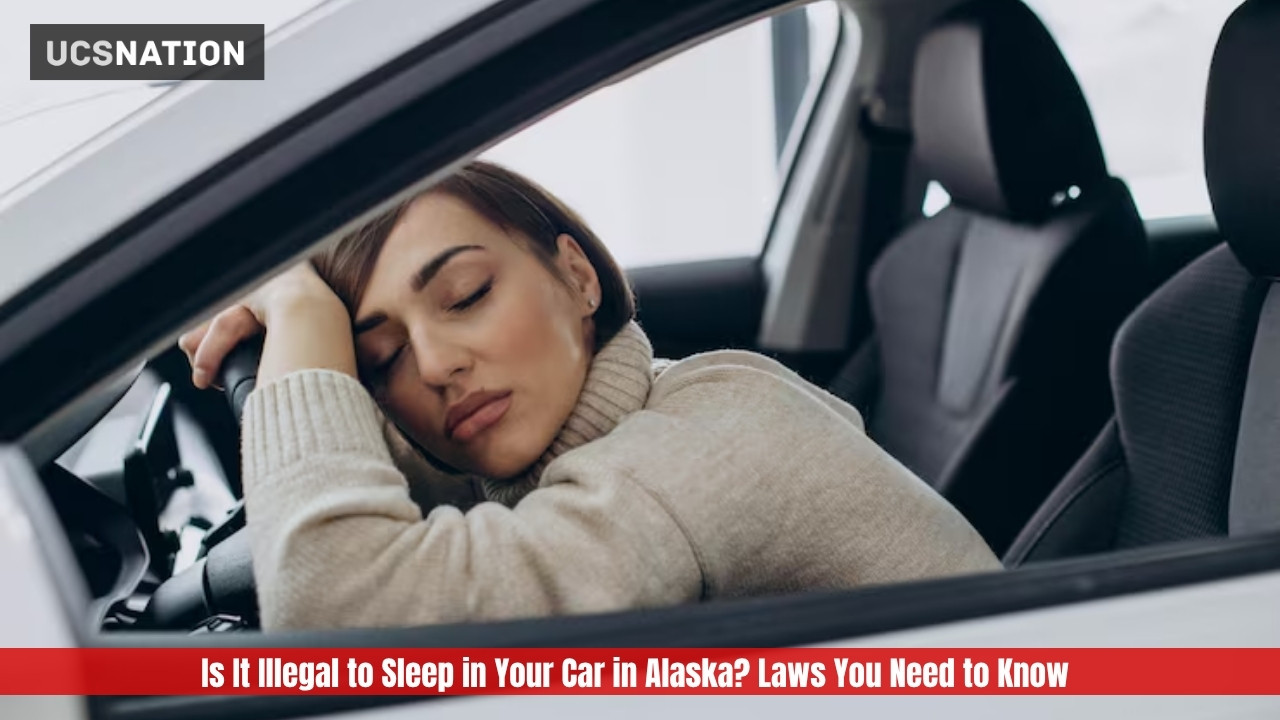
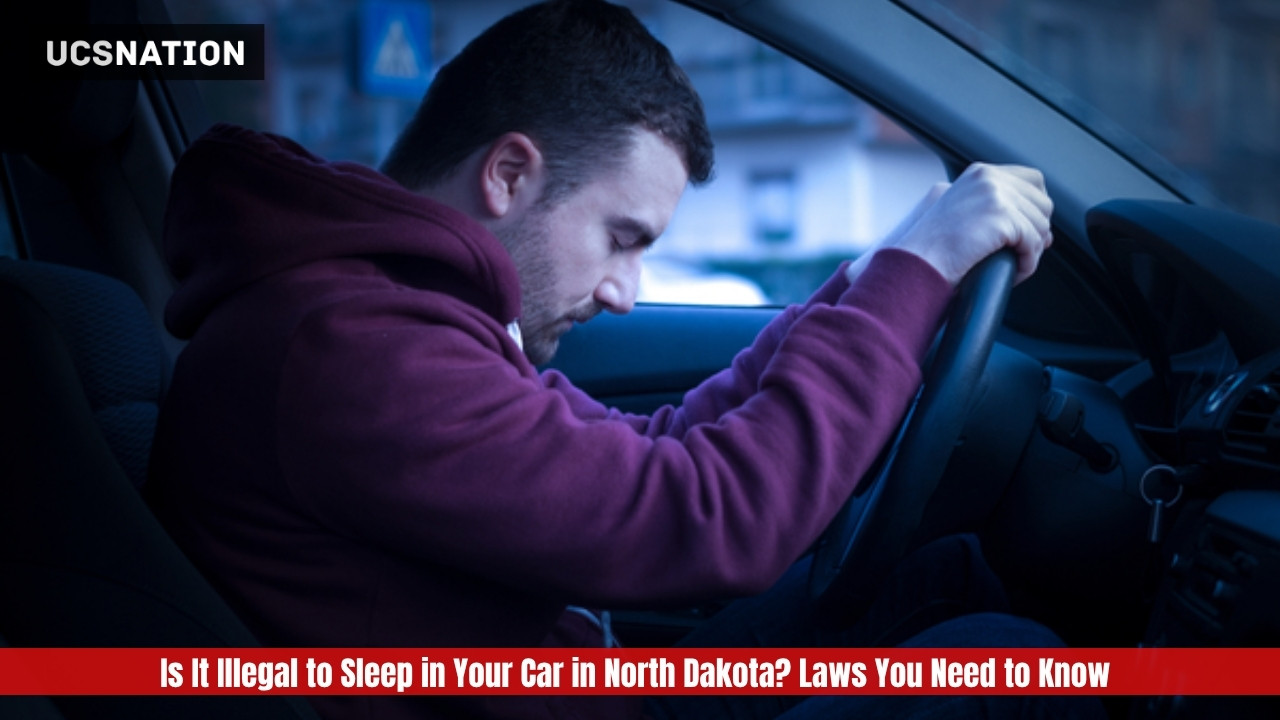
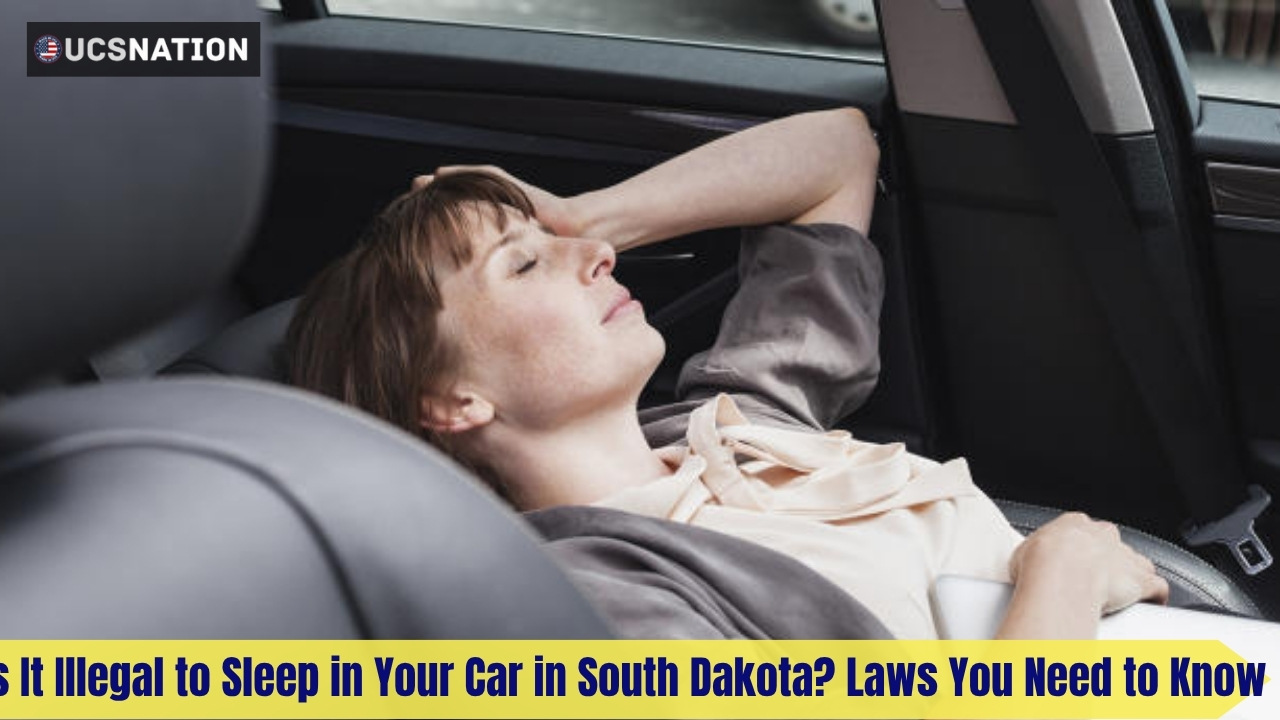




Leave a Reply